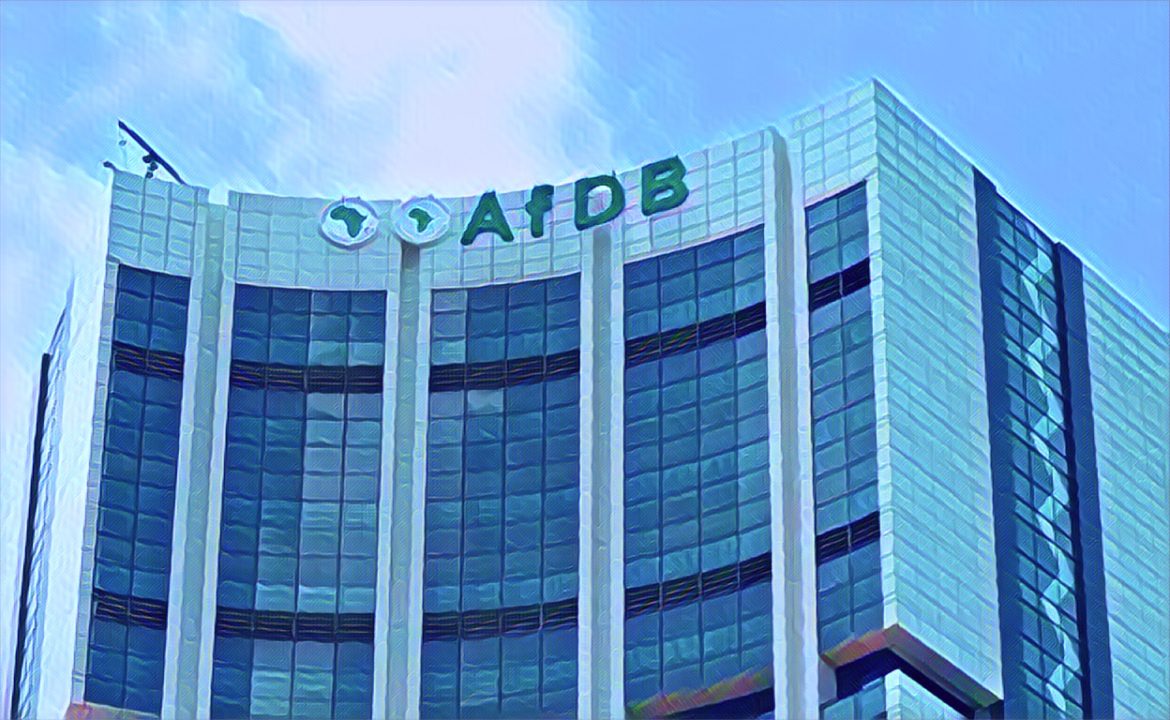The African Development Bank (AfDB) has announced a significant boost for regional trade and infrastructure with a US$40 million loan to Mozambique’s state-owned rail and port authority, Portos e Caminhos de Ferro de Moçambique EP (CFM). This strategic financial injection is poised to have far-reaching benefits for Mozambique and its neighboring countries, including Zimbabwe, heralding a new era of enhanced connectivity and economic integration in the region.
The loan is earmarked for the procurement of rolling stock, including locomotives, wagons, and tank containers, specifically for the Ressano Garcia railway line. This crucial corridor, responsible for over 90% of the rail traffic volume and 70% of CFM’s total rail transport volume, is at the heart of regional trade, linking Mozambique with South Africa, Eswatini, Malawi, Zimbabwe, and Zambia. The investment is not just a boon for CFM but a pivotal development for the entire Southern African region, offering a more efficient route for the export and import of goods.
The AfDB’s funding encompasses the acquisition of 10 diesel-electric locomotives with a horsepower range of 3000 to 3300, 300 wagons, and 120 tank containers. Furthermore, the package includes a comprehensive three-year maintenance plan for the new locomotives and a training program for CFM’s maintenance staff, ensuring sustainability and skill development within the local workforce. This aspect of the loan underscores the AfDB’s commitment to not only infrastructure development but also to capacity building and the empowerment of local communities.
This initiative is expected to significantly enhance intra-African trade and regional integration, facilitating the movement of a higher volume of goods through the most efficient pathways. Mozambique, with its strategic location in Southern Africa, plays a pivotal role as a main logistics gateway for landlocked countries in the region, offering them vital access to global markets through its ports. The project aligns with the broader objectives of fostering economic integration and promoting sustainable development across the African continent.
In addition to boosting trade and connectivity, the AfDB emphasizes the environmental benefits of the project, projecting net carbon savings of 744,511 kilotonnes of carbon dioxide from 2023 to 2035. This reduction in carbon emissions is a significant step towards sustainable development in the region, highlighting the project’s alignment with global efforts to combat climate change.
The local communities along the Ressano Garcia corridor are set to benefit immensely from this project. Improved access to markets for their goods and services, particularly for women, is a key outcome, enhancing livelihoods and fostering economic empowerment at the grassroots level. The project is thus seen as a catalyst for community development, providing new opportunities for trade and entrepreneurship.
Mozambique’s three main corridors, including the Maputo corridor where the newly acquired rolling stock will be deployed, offer crucial links for the transport of a diverse range of goods. These corridors facilitate the movement of raw and processed materials, agricultural products, containerized freight, and bulk liquids, connecting the region’s interior to the global marketplace. The Maputo corridor, in particular, is vital for exporting mineral commodities from South Africa, offering the shortest seaport access and enhancing the efficiency of regional trade flows.
The AfDB’s vision extends beyond the initial US$40 million loan, with plans to mobilize an additional US$30 million from other potential lenders to further support the project. This ambitious funding strategy underscores the project’s significance and the bank’s commitment to fostering economic growth and regional integration in Africa.
As the implementation of the project progresses, expected to be completed by year-end, the impact on regional trade, economic integration, and community development will be closely watched. This investment by the AfDB in Mozambique’s rail and port infrastructure is more than just a financial commitment; it is a bold step towards building a more connected, sustainable, and prosperous Africa.


